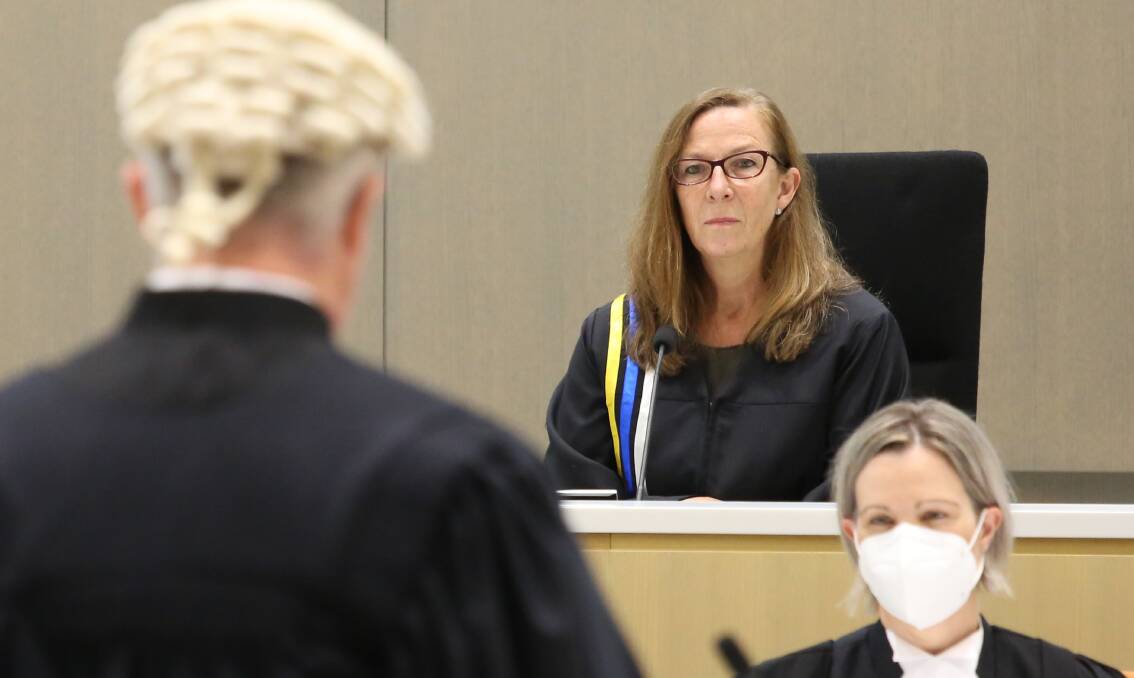
Jurors are "not idiots" and can perform their duties even if they have read about a case independently of a trial and come to court with preconceived ideas, the ACT's new chief justice believes.
Lucy McCallum was sworn in as the territory's top judge on Tuesday, becoming just the sixth person and second woman to hold the role.
In her speech to an ACT Supreme Court ceremonial sitting, she highlighted issues like overcrowding in prisons and the "national tragedy" of Indigenous people being overrepresented behind bars.
Afterwards, The Canberra Times asked her whether reform was needed to address the fact the internet was making an increasing amount of potentially prejudicial information available to jurors.
Multiple high-profile matters are soon to go to trial in the territory, with some drawing national attention and filling both mainstream and social media with information that will not be before the court.
Chief Justice McCallum said she did not know if reform was the way to deal with the issue of jurors having access to this information.

"My personal view is that we need to just get our heads around the fact that jurors are going to read stuff," she said.
"They're not idiots. The law doesn't assume that jurors are idiots, and they're not. They're going to read about a case. They're going to come to court with a preconceived view.
"I think we need to embrace the idea that jurors, like judges, are capable, if they are given the right direction, of putting what they have read out of their mind and focusing on the task they are directed to perform."
The issue of jurors misusing the internet and social media during a trial has been examined by the Tasmanian Law Reform Institute, which concluded following an inquiry that there was likely to be a high, but unquantifiable and undetectable, level of misuse.
There is, however, some evidence in Australian jurisdictions of the ways jurors have used the internet inappropriately during trials.
MORE COURT AND CRIME NEWS
- Man claims to be 'clueless' about vexatious triple zero call
- Stalker 'undeterred by death' accused of using flamethrower
- Middle-aged mum 'dragged into' dealing drugs: judge
- 'My heart is shattered': Mum's pain after death of 'shadow'
Two jurors in a South Australian blackmail trial were fined for contempt of court after defying a judge's direction and using the internet to search for information about an accused person.
In another example, from Western Australia, a juror was dismissed after posting on Facebook, on the first day of a murder trial, that the defendants were "guilty".
A long-running NSW fraud trial also came to a temporary halt when a prosecutor learnt a juror had been posting about it, leading him to inform the presiding judge the case was "all over Facebook".
While courts grapple with potential problems posed by social media, Chief Justice McCallum signalled a desire to see it used it in a positive way that will better inform the Canberra public.
She said researchers might soon be preparing easy to understand case summaries, which she envisaged being posted on a comment-free ACT Supreme Court Facebook page.







